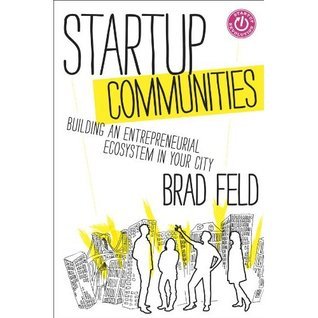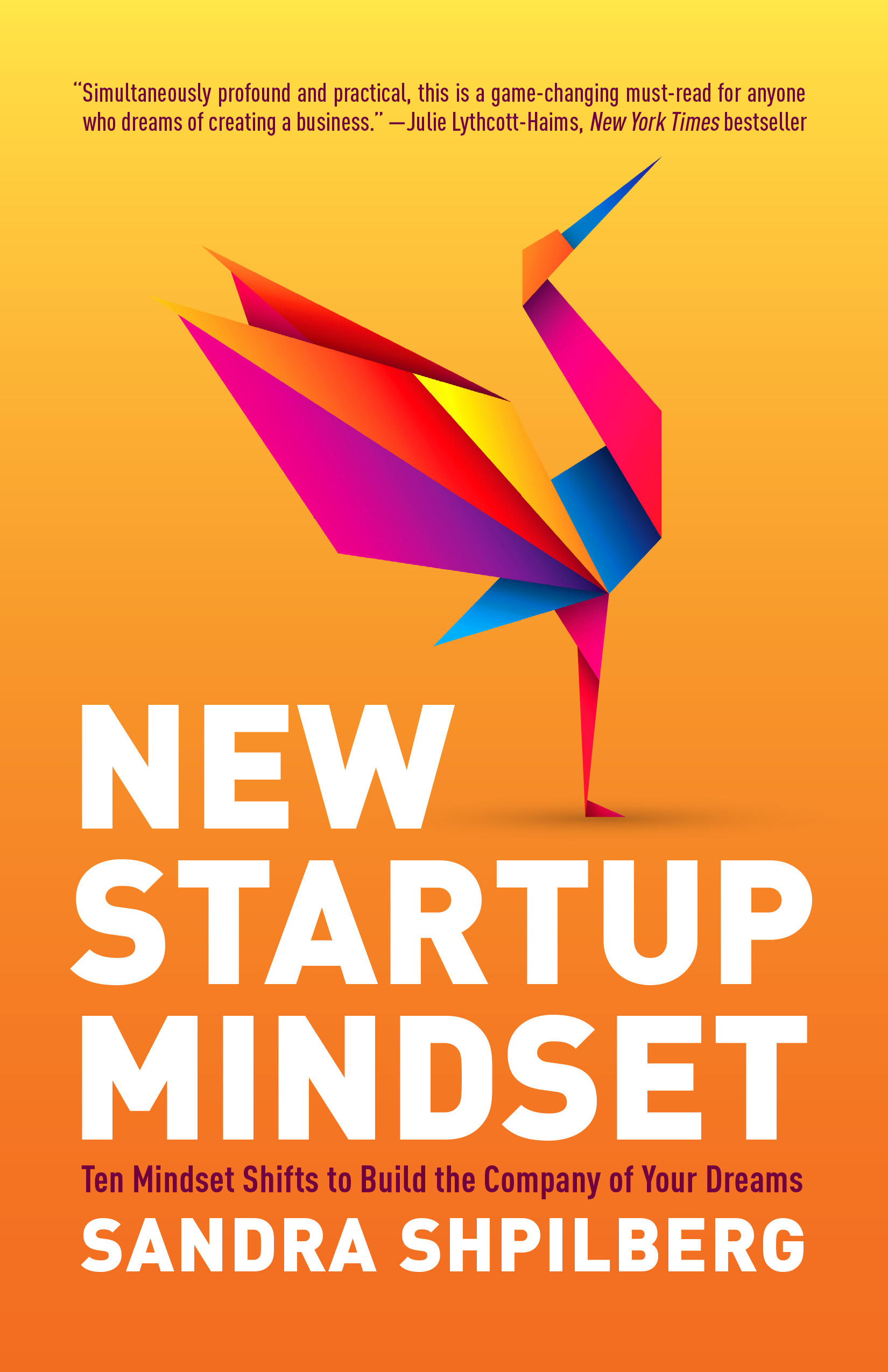
The Lean Startup
Book Description
Imagine building a groundbreaking business from the ground up, fueled not by instinct but by relentless testing and learning. In "The Lean Startup," Eric Ries unveils the revolutionary approach that has transformed countless entrepreneurs into titans of innovation. With powerful principles guiding rapid product development, pivoting strategies, and validated learning, the journey takes unexpected twists and turns, all while minimizing waste and maximizing impact. Every chapter pulsates with the urgency of survival in the cutthroat world of startups. Can a bold idea truly become a monumental success, or will it perish in the crucible of the marketplace?
Quick Book Summary
"The Lean Startup" by Eric Ries offers a transformative methodology for building businesses more efficiently by minimizing resources and maximizing learning. Ries introduces the concept of validated learning through rapid experimentation, which allows entrepreneurs to navigate uncertainty and develop products that truly meet customer needs. Using principles like the Build-Measure-Learn feedback loop, minimum viable products, and pivot or persevere decisions, Ries provides actionable advice for startups to iterate quickly and effectively. The book fundamentally rethinks traditional business plans and strategies, advocating for constant adaptation and customer feedback. By focusing on lean principles, entrepreneurs can avoid wasting time and resources, increase their startup’s chances of success, and create products that customers genuinely want.
Summary of Key Ideas
Table of Contents
Build-Measure-Learn Feedback Loop
At the heart of "The Lean Startup" is the Build-Measure-Learn feedback loop, an iterative process designed to help entrepreneurs refine their products and ideas quickly. Instead of spending months or years developing a finished product, startups are encouraged to build a basic version—often called a Minimum Viable Product (MVP)—and release it to customers. This allows real-world feedback to inform future development, drastically reducing the risk of building something that fails to resonate with the market.
Validated Learning
Validated learning is a central theme in the Lean Startup methodology. Validated learning means using experiments and actionable metrics to test hypotheses about customer needs and product-market fit. The goal is to learn what works and what doesn’t as quickly and cost-effectively as possible. By focusing on tangible evidence gained from real customer interactions, startups avoid the trap of vanity metrics and wishful thinking, staying grounded in reality.
Minimum Viable Product (MVP)
The concept of the MVP challenges the traditional notion that a product should be perfect before launch. An MVP is the simplest version of a product that allows a startup to begin the learning process quickly. By launching early, startups gather essential feedback much sooner, enabling them to make informed decisions about what features to develop next or which aspects of the business model need adjustment.
Pivot or Persevere
A crucial decision point in the Lean Startup process is whether to pivot or persevere. After analyzing data from the Build-Measure-Learn loop, entrepreneurs must evaluate whether their strategy is leading to sustainable growth and learning. If not, a pivot—a fundamental change in product, strategy, or business model—may be necessary. This ability to change course quickly allows startups to avoid catastrophic failures and increase their odds of success.
Innovation Accounting
Innovation accounting provides a disciplined approach to measuring progress and holding startups accountable. By setting clear milestones and using actionable metrics, entrepreneurs can objectively evaluate if their efforts are delivering real value. This replaces the guesswork and subjectivity of early-stage business development with a structured, scientific method. In this way, "The Lean Startup" empowers founders to systematically test their ideas, adapt to feedback, and build enduring companies.
Download This Summary
Get a free PDF of this summary instantly — no email required.





